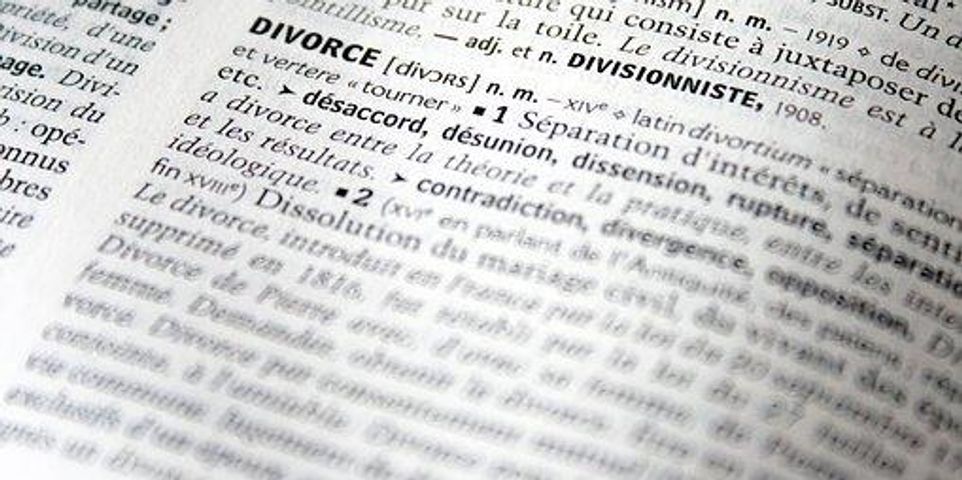Divorce or Separation May Effect Taxes

Taxpayers who are divorcing or recently divorced need to consider the impact divorce or separation may have on their taxes.
Here are some key tax tips from the IRS:
*Child support Payments are not Alimony. Child support payments are neither deductible nor taxable income for either parent.
*Deduct Alimony Paid. Taxpayers can deduct alimony paid under a divorce or separation decree, whether or not they itemize deductions on their return (as the tax code stands now). Taxpayers must file form 1040; enter the amount of alimony paid and their former spouse’s social security number or ITIN.
*Report Alimony Received. Taxpayers should report alimony received as income on Form 1040 in the year received (as the tax code stands now). Alimony is not subject to tax withholding at the time of receipt, so it may be necessary to increase the tax paid during the year to avoid a penalty. To do this, it is possible to make estimated tax payments or increase the amount of tax withheld from wages.
*IRA Considerations. A final divorce decree or separate maintenance agreement by the end of the tax year means taxpayers can’t deduct contributions made to a former spouse’s traditional IRA. They can only deduct contributions made to their own traditional IRA.
*Report Name Changes. Notify the Social Security Administration of any name changes after a divorce. Go to SSA.gov for more information. The name on a tax return must match SSA records. A name mismatch can cause problems in the processing of a return and may delay a refund.
For more on this topic, see IRS Publication 504, Divorced or Separated Individuals. Have questions? Please feel free to contact our office 860-274-1655.
About the Business
Have a question? Ask the experts!
Send your question

